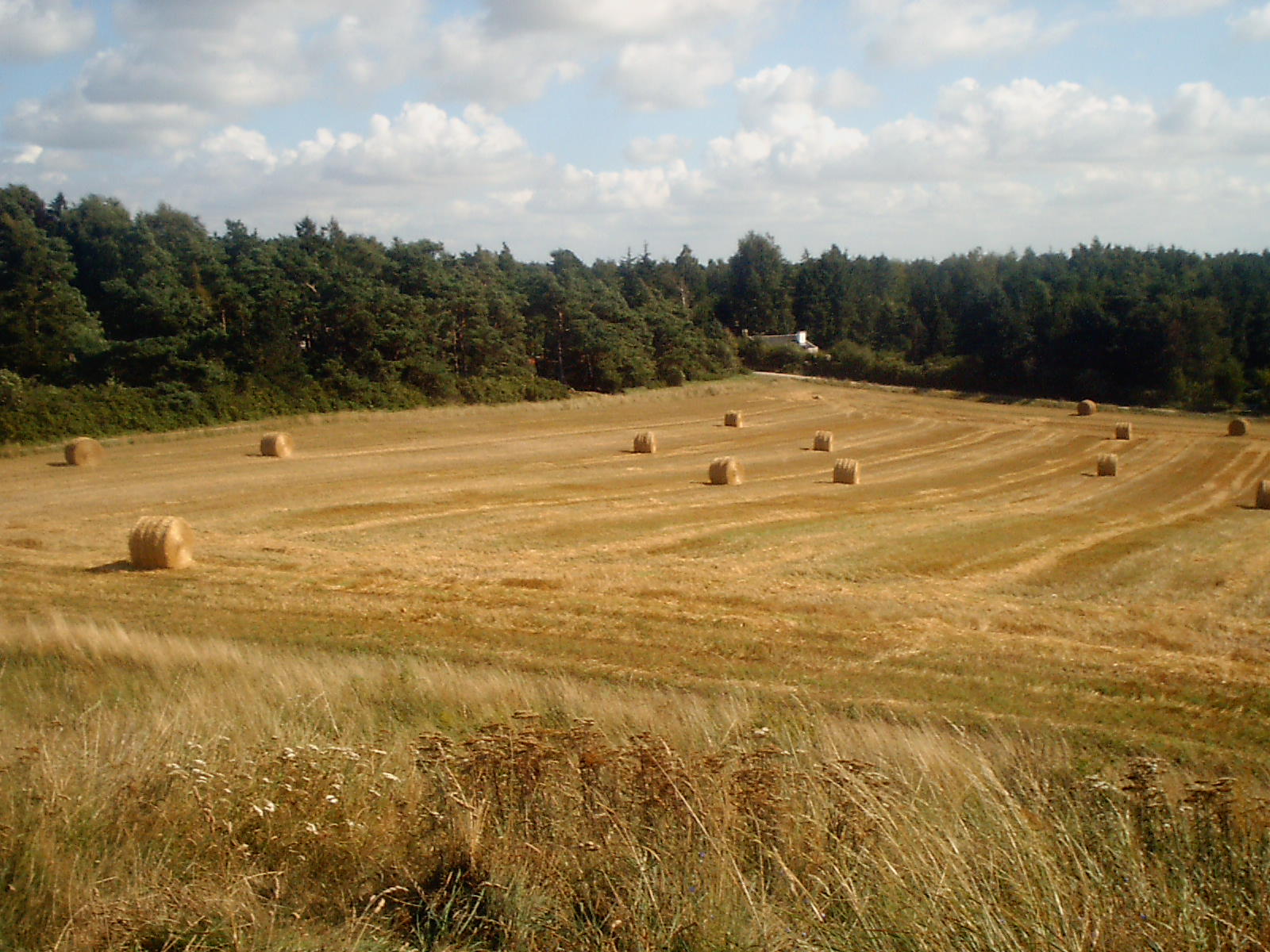The distribution of CAP direct payments among farmers has been a continuing source of controversy ever since the Commission’s 1991 Reflections Paper on the development and future of the CAP that prefigured the MacSharry reform noted that 80% of the support provided by FEOGA is devoted to 20% of farms which account also for the greater part of land used in agriculture. In successive CAP reform proposals the Commission has proposed measures that would allocate CAP support more evenly across farms, including in its 2018 legislative proposal for the CAP 2021-2027. On each occasion, the Council has pushed back and weakened the Commission proposal, as also happened with the outcome for the CAP post 2023 (the debate on redistribution in the 2018 reform is reviewed in this report for the European Parliament, chapter 5).… Read the rest
Conversation with a chatbot on the Common Agricultural Policy
Artificial intelligence (AI) has been described as the fourth industrial revolution, following the invention of the steam engine, electric power, and the internet. AI tools can rapidly synthesize large amounts of data and detect patterns. AI tools are increasingly used in business but also in the provision of public services in activities such as risk profiling, the delivery of medical care, and traffic management.
There is growing interest in the interface between AI and public policy. This is a relationship that works both ways. On the one hand, there are concerns about how best to regulate the use of AI in society.… Read the rest
2022: a record year for farm income
2022 was a challenging year for farming in the EU. Buffeted by weather extremes, disease outbreaks and rising input costs due partly to the lifting of COVID-19 restrictions but particularly following the Russian invasion of Ukraine in February, there was a sharp drop in agricultural production. Yet despite the predictions of doom and gloom, 2022 was a record year for EU farm income.
We had effectively the converse situation to the farmer in Shakespeare’s Macbeth who ‘hanged himself on the expectation of plenty’. Shakespeare’s farmer had hoarded grain in order to sell it later, when prices went up. But when prices went down instead due to a good harvest, he goes bankrupt and hangs himself in despair.… Read the rest



